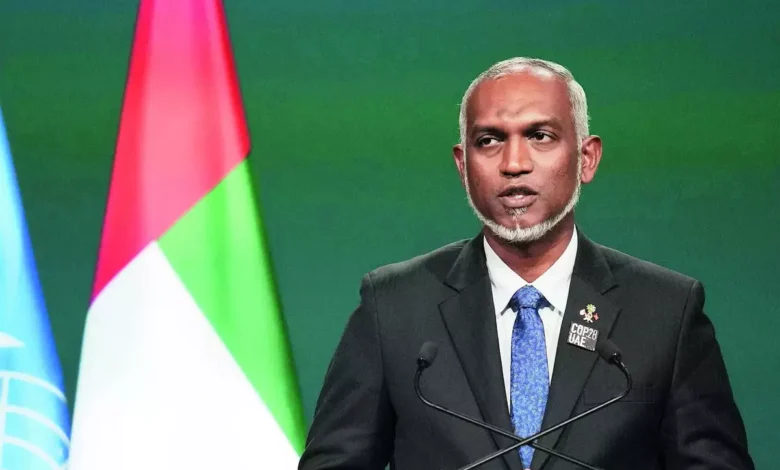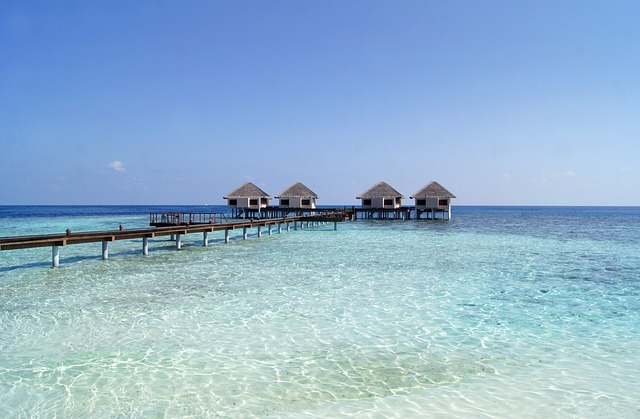President Muizzu’s party secures super-majority, New era of Pro-China policy in Maldives
Only 15 seats were won by the Maldivian Democratic Party (MDP), which was led by former president Ibrahim Mohamed Solih, who is regarded as a pro-Indian leader

People’s National Congress (PNC), The political party of Maldivian President Mohamed Muizzu gained 70 seats and a “super majority” in the legislative elections, which is interpreted as significant support of his Pro-Beijing foreign policy. The People’s National Congress (PNC), led by Muizzu, secured 70 out of 93 seats in the People’s Majlis during Sunday’s polls. Maldives National Party (MNP) and Maldives Development Alliance (MDA), its coalition partners, secured one and two seats, respectively.
Only 15 seats were won by the Maldivian Democratic Party (MDP), which was led by former president Ibrahim Mohamed Solih, who is regarded as a pro-Indian leader. His party had 65 seats in the previous parliament. The 45-year-old Muizzu, who is well-known for his support of China, earlier stated that he wishes to lessen India’s influence in his nation.
It is anticipated that this win will strengthen President Muizzu’s hold on power and maybe intensify his pro-China position. Given the strategic location of the Maldives in the Indian Ocean and the historical ties between the two countries, the election outcomes could have a significant impact on India.

The administration of President Muizzu, which took office on the platform of “India Out,” has shifted from the archipelago (a group of islands and the sea around them) nation’s “India First” policy and displayed a tendency toward China. The PNC’s majority coincides with India’s struggle to counter China’s expanding influence in the region. Observers may view the election results as a double-edged blow to India because they both strengthen President Muizzu’s authority and lessen opposition criticism at a time when the administration is turning away from the country.
Achieving a balance between upholding connections with India and cultivating stronger ties with China will be essential as the Maldives manages its foreign policy. Both regional and international forces will be closely watching the results of these elections as they will influence the geopolitical dynamics of the Indian Ocean region.
India was forced to evacuate the military troops stationed at its three aviation sites; however, Muizzu visited China in January and had meetings with President Xi Jinping and other high-ranking Chinese officials. A defense cooperation agreement and numerous other infrastructure development projects were also inked by China and the Maldives.
Maldives, India’s principal maritime neighbor in the Indian Ocean Region (IOR), holds a particular place in government programs such as the Neighbourhood First Policy and SAGAR (Security And Growth for All in the Region). Conversely, China is growing its influence in the Indian Ocean Rim (IOR) through its “debt trap” diplomacy and “String of Pearls” policy, a calculated move to develop a network of military and commercial facilities in nations bordering the Indian Ocean.
You might also be interested in – India’s ₹771 crore boost to Maldives amidst troop controversy



